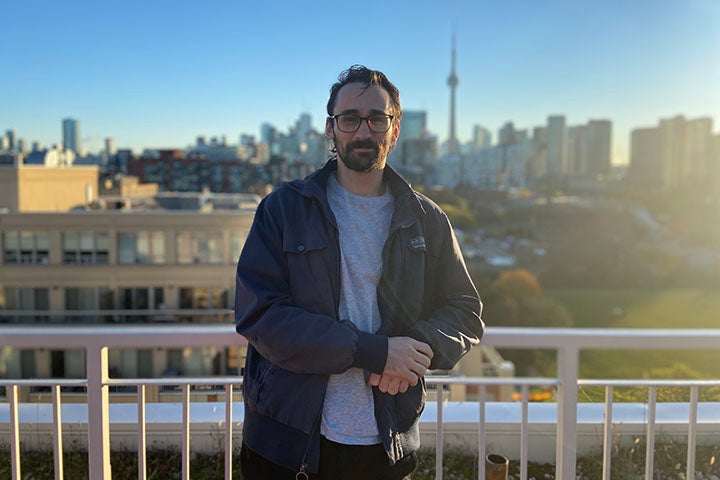Built-in professional experience
The School of Public Health Sciences is home to three professional graduate programs, all of which have a built-in 420-hour professional practicum allowing students to gain relevant hands-on experience in their field.
Students will work closely with the Practicum Coordinator to find a practicum that will provide them with the opportunity to apply their knowledge and skills and to connect with future employers. Once the practicum has been secured, students will work with the practicum supervisor to complete a learning contract.
The practicum is a mandatory component of all professional graduate programs and can be taken after all core coursework is complete.

Learn more about the School of Public Health Science's professional master's programs.
Stories from the field
A chance connection through the social network Reddit led Megan Janeka to the placement she's doing at the Canadian Nuclear Safety Commission. There she's working on creating a report that will summarize the latest epidemiology studies on the effects of radiation, to inform global radiation protection.
During her practicum placement at the Public Health Agency of Canada (PHAC), Sara Husain contributed to three ongoing evaluations. There she realized the difference between learning about evaluation in the classroom and working in a real-world situation. Being in the workplace, she started to fully appreciate that the process of evaluation is a complex navigation of careful planning, insightful negotiations, teamwork and adaptation to dynamic situations.

The practicum component of the Master's of Health Informatics program has made a big impact on Brendan Flynn. Working at TAMVOES, a health management platform, Brendan has been involved with helping launch their new app. This experiential learning component to the program was central to his decision to choosing the program.

